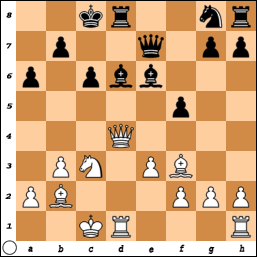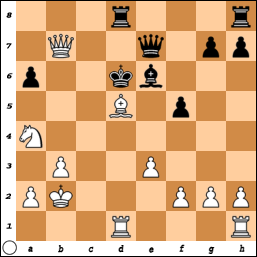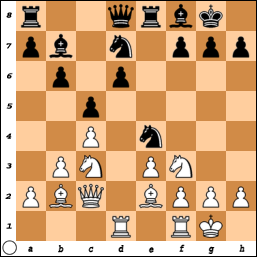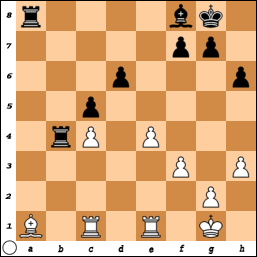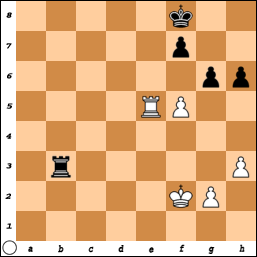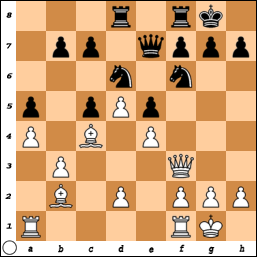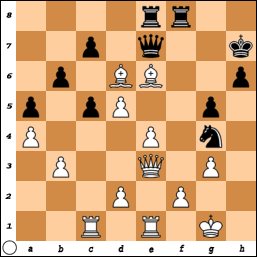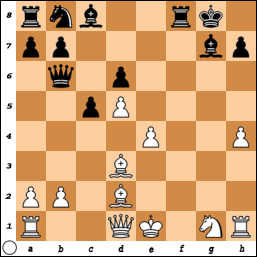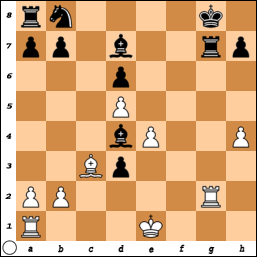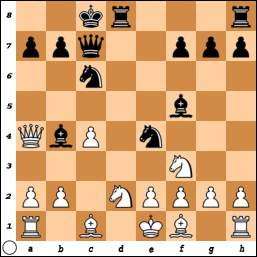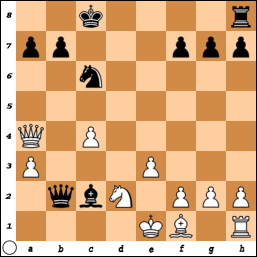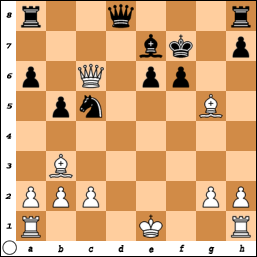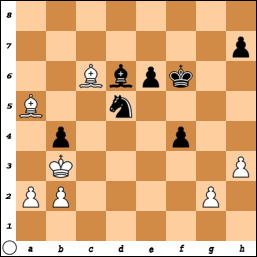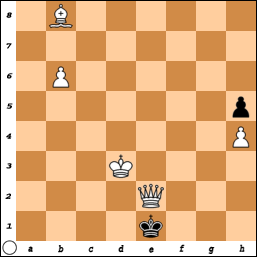On Saturday morning, at
Columbia Academy, we started 2013 with the first class at our new location in East Hanover.
At the demonstration board, I placed red stars on the four center squares to emphasize their importance. The three rules of the opening phase of the game are: 1) develop your pieces toward the center; 2) except for the king, which you move away from the center by castling; 3) move each piece only once. If chess is a war game, then the opening is when you prepare for the battle which will take place in the middlegame. In the endgame, you march the king toward the center of the board, now that there is little danger of being checkmated.
When the king is attacked, you have three possible ways to get out of check, easy to remember by the letters CPR: C is for capture, P is for protect, and R is for run. You can capture the piece which is checking the king, you can protect the king by blocking the check with one of your pieces, or the king can run to safety. If none of these options is available, then the king is checkmated; and the game is over.
We also discussed the difference between tactics and strategy. Tactics are the weapons that you use to carry out your strategy, or plan.
The class concluded with a practical session during which the players learned how to keep score using algebraic notation.

